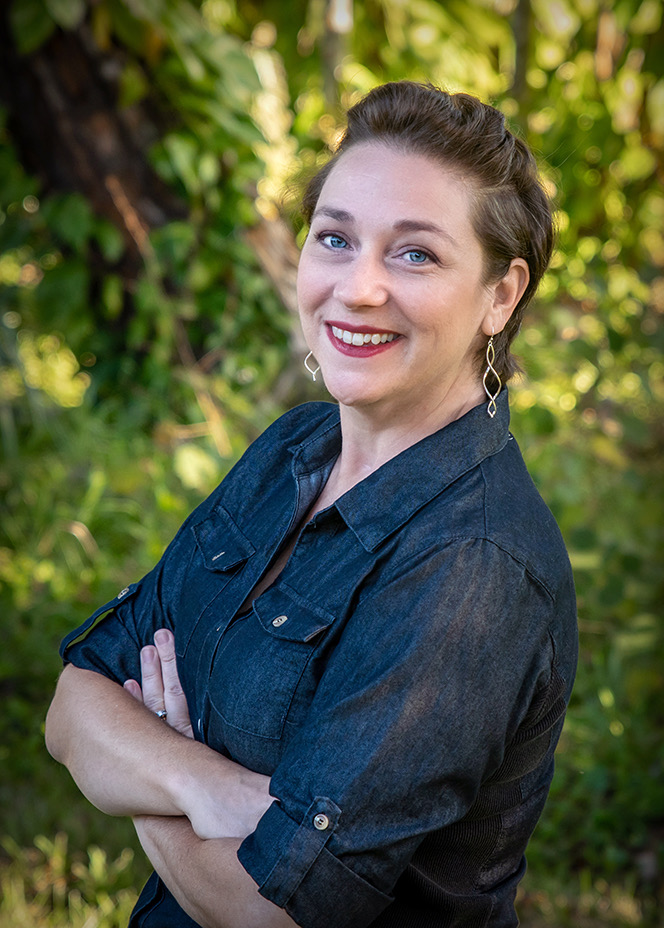Students majoring in HDFS will study individuals and families across the lifespan in the context of their communities. Students will challenge assumptions about individuals and families as they learn how to critically read and analyze research. Students will apply their knowledge through Experiential Learning opportunities and identify career opportunities related to human development.
You will learn about
- Lifespan and family development
- The reciprocal influence of social, cultural, and historical contexts
- Diverse family structures and functions
You will learn how to
- Think critically and apply theory, research, and ethical practices
- Generate and effectively communicate knowledge
- Provide educational, counseling, and advocacy services needed for children and families to function more effectively
-
Where do I start my coursework?
Many of our courses have the following prerequisites:
- HDFS 2100 - Introduction to the Family
- HDFS 2200 - Introduction to Lifespan Development
- HDFS 2300 - The Science of Studying Human Development and Families
- HDFS 2950 - Child Development
Required courses:
- HDFS 3110 Professional Development
- HDFS 3700 Adolescence & Young Adulthood
- HDFS 3710 Midlife/Elder Years
- HDFS 3920 Issues in Family Systems
- HDFS 4330 Diversity in Human Development
- HDFS 4860 Parent Education and Child Guidance
- HDFS 5910 Applied Community Internship or HDFS 5950 Applied Research Internship (*HDFS 5950 requires HDFS 5110 - Research Methods in HDFS)
To complete elective coursework, select classes that correspond to your career path.
-
Experiential Learning
As an HDFS major you can meet the Experiential Learning requirement by completing a Research Internship, Community Internship, Education Abroad, and Service-Learning.
-
Research Opportunities
To learn more about areas of interest, you are encouraged to participate in Undergraduate Research through the Center for Undergraduate Research Opportunities (CURO), or as part of a Research Internship (HDFS 5950). We also offer Directed Studies (HDFS 3010), so complete these steps: 1) talk to a faculty member about opportunities to learn more about a specific topic; 2) meet with your advisor; 3) complete the agreement form that requires a syllabus.
If you are interested in pursuing graduate education, you are strongly encouraged to take a selection of courses that strengthen your research knowledge and skills as well as help you continue to advance your writing skills.
-
Directed Study
Do you want to specialize your learning through a directed study? Here are the steps:
- Talk to a faculty member about opportunities to learn more about a specific topic
- Meet with your advisor
- Complete the 3010 Agreement Form that requires a syllabus
All HDFS students working with HDFS faculty must fill out the 3010 Agreement Form.

